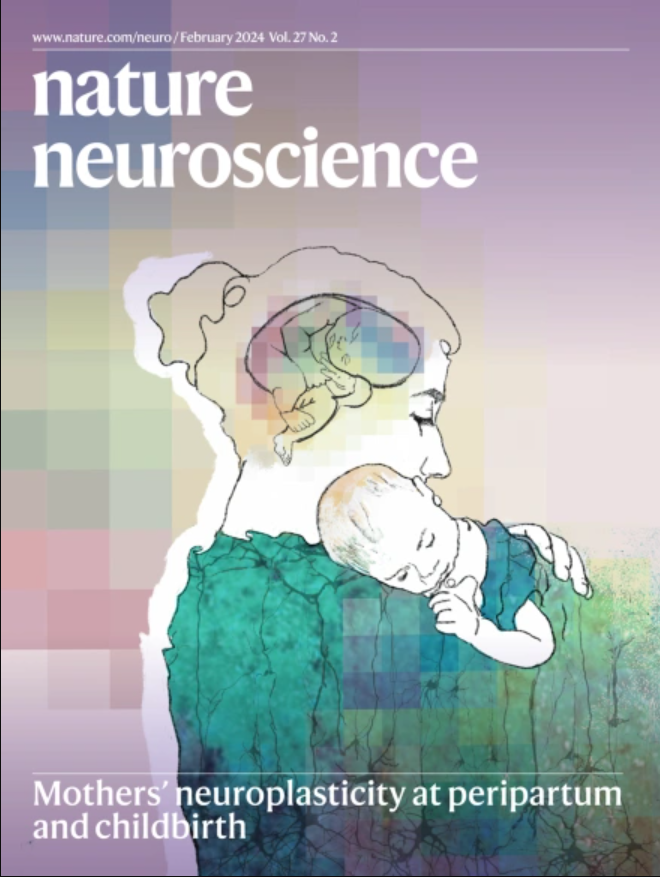Centering cognitive neuroscience on task demands and generalization
IF 21.2
1区 医学
Q1 NEUROSCIENCES
引用次数: 0
Abstract
Cognitive neuroscience seeks generalizable theories explaining the relationship between behavioral, physiological and mental states. In pursuit of such theories, we propose a theoretical and empirical framework that centers on understanding task demands and the mutual constraints they impose on behavior and neural activity. Task demands emerge from the interaction between an agent’s sensory impressions, goals and behavior, which jointly shape the activity and structure of the nervous system on multiple spatiotemporal scales. Understanding this interaction requires multitask studies that vary more than one experimental component (for example, stimuli and instructions) combined with dense behavioral and neural sampling and explicit testing for generalization across tasks and data modalities. By centering task demands rather than mental processes that tasks are assumed to engage, this framework paves the way for the discovery of new generalizable concepts unconstrained by existing taxonomies, and moves cognitive neuroscience toward an action-oriented, dynamic and integrated view of the brain. Task demands are a primary determiner of behavior and neurophysiology. Here the authors discuss how understanding their influence through multitask studies and tests of generalization is the key to articulating novel cognitive neuroscience concepts.


认知神经科学以任务需求和推广为中心
认知神经科学寻求可推广的理论来解释行为、生理和心理状态之间的关系。为了寻求这样的理论,我们提出了一个理论和实证框架,其核心是理解任务需求及其对行为和神经活动的相互制约。任务需求产生于参与者的感官印象、目标和行为之间的相互作用,它们在多个时空尺度上共同塑造了神经系统的活动和结构。要了解这种相互作用,就需要进行多任务研究,改变不止一种实验成分(如刺激和指令),结合密集的行为和神经取样,并明确测试不同任务和数据模式之间的通用性。这个框架以任务需求为中心,而不是以假设任务所涉及的心理过程为中心,从而为发现不受现有分类法限制的可推广的新概念铺平了道路,并将认知神经科学推向以行动为导向、动态和综合的大脑视角。
本文章由计算机程序翻译,如有差异,请以英文原文为准。
求助全文
约1分钟内获得全文
求助全文
来源期刊

Nature neuroscience
医学-神经科学
CiteScore
38.60
自引率
1.20%
发文量
212
审稿时长
1 months
期刊介绍:
Nature Neuroscience, a multidisciplinary journal, publishes papers of the utmost quality and significance across all realms of neuroscience. The editors welcome contributions spanning molecular, cellular, systems, and cognitive neuroscience, along with psychophysics, computational modeling, and nervous system disorders. While no area is off-limits, studies offering fundamental insights into nervous system function receive priority.
The journal offers high visibility to both readers and authors, fostering interdisciplinary communication and accessibility to a broad audience. It maintains high standards of copy editing and production, rigorous peer review, rapid publication, and operates independently from academic societies and other vested interests.
In addition to primary research, Nature Neuroscience features news and views, reviews, editorials, commentaries, perspectives, book reviews, and correspondence, aiming to serve as the voice of the global neuroscience community.
 求助内容:
求助内容: 应助结果提醒方式:
应助结果提醒方式:


